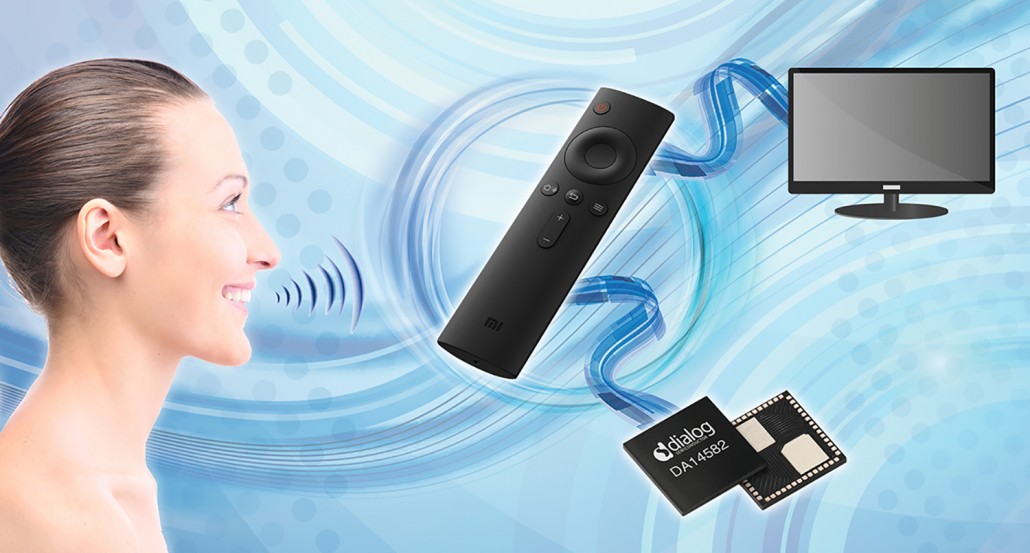A Voice Drives The Future Of Travel
by Gary Leopold, Columnist, September 6, 2016
As marketers, we always find ourselves chasing the next big thing — whether it be Pokémon GO, Virtual and augmented reality, beacon technology, live streaming — in a constant effort to better reach and engage travelers. So it’s a bit surprising that there isn’t more attention being focused on voice technology and the massive potential it has to enhance the travel experience.
While voice-activated technologies have been around for decades, they are entering what might be considered a true golden age in which improvements in the field are happening at an exponential rate. Dramatic advances in marrying artificial intelligence and natural language understanding, combined with unprecedented levels of computing power on mobile devices that connect to endless amounts of cloud-enabled content, are finally starting to deliver on the promise speech recognition has always held. And, it’s all happening much faster than you may realize.
A computer’s ability to accurately capture what is being said are now reaching human performance levels, and the ability for speech technologies to operate in noisy conditions by distinguishing between sounds that matter and background noise that doesn’t have improved dramatically. Devices are increasingly getting smarter and learning faster as they build on a user’s context, preferences and interactions to respond in ways that are ever-more relevant and useful.
The ubiquitous nature and importance of mobile puts an even greater spotlight on the need to create marketing and service initiatives that use speech and voice recognition technologies. Research from Google showed that 41% of adults and 55% of teens are already using voice-activated searching on their phones more than once per day.
While Apple’s Siri certainly caused the biggest stir in the field of speech recognition, Amazon’s Alexa technology and Echo device are becoming a strong showcase of the transformative power of speech technology and how it can seamlessly work its way into everyday life.
In May of this year, Kayak launched a voice-enabled travel search on Amazon Alexa that uses natural language technology to make it easy for people to conduct searches and do research much like they were talking to a skilled agent. Searches for flights, hotels and rental cars can be done using Alexa-enabled devices including Echo. Users simply set up their devices to turn on the Kayak “skills” (which is what third-party integrations are called on Alexa) and they can then request their device to “ask Kayak” for travel assistance.
A few weeks ago, Starwood brand Aloft Hotels announced they were introducing a voice-activated guest room at two properties. These hotels have equipped guest rooms with an iPad running a custom app that can be used to control temperature, lighting and more using the Siri voice-activated function. When guests launch the app, they are greeted by a personalized welcome screen that walks them through how to set up and use the voice program. Guests can also ask Siri to play music and to serve as a local concierge.
While these initiatives start to tap into the potential of speech recognition, they are just the beginning.
Imagine a hotel gym where your voice can tell the treadmill to change speed rather than groping for a button or dial. Or a guest room where you no longer have to figure out how to use the shower fixtures or the direction of hot and cold water — instead you simply ask the shower to make the water warmer or colder. Before you leave your room, you could be told it’s going to rain later today so you might want to take an umbrella. And when traveling overseas, speech recognition programs are already starting to translate your words instantly into the language of your choice making it easier than ever to interact with locals and improve your experience no matter where in the world you may go.
Just as importantly, speech technology has enormous potential to improve the travel experience of people with disabilities or hand dexterity limitations who can’t easily access a keyboard or use thermostats and other control units in a guest room.
More than just enhancing our product experience and service delivery, the voice will also be a catalyst for changes in how we market.
Since the human voice is much like a fingerprint, it has proven to be a very effective biometric identifier. Using voice-recognition technology, devices can now effectively distinguish one voice from another, opening up a whole range of possibilities for voice technology.
By matching your voiceprint to securely held records, you could be allowed to pay for items via your voice, giving marketers the ability to transact with customers virtually anywhere in a hands-free fashion. Similarly, searches done on the same device by varying members of a family could yield results totally optimized to the voice talking to the device. So the voice of a 15 year old could be served up a vastly different set of responses than that of their parents.
A traveler’s voice will increasingly be used to unlock content and the need to click on ads or use your keyboard will gradually disappear and be replaced by ads that respond to the human voice. More and more, the accumulated data created by our voice queries will enable human-like understanding from our devices and applications, allowing marketers to better anticipate traveler needs and provide hyper-relevant and personalized solutions and content.
With the abundance of voice-directed search, it’s not a surprise that we continue to see dramatic growth in search terms that start with “who,” “what,” “why” and “how,” which means that marketers need to be sure their content is set up to answer the most essential questions related to their brands and products. Increasingly, we’ll need to adjust to the realities of natural language queries and the importance of meaning and semantics rather than the traditional “keyword” approach.
There’s no question that the acceleration of speech-related technology is making the voice of the traveler more powerful than ever. We all need to be listening.
MediaPost.com: Search Marketing Daily
(12)













